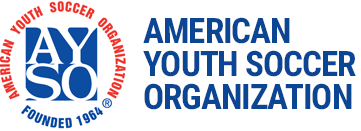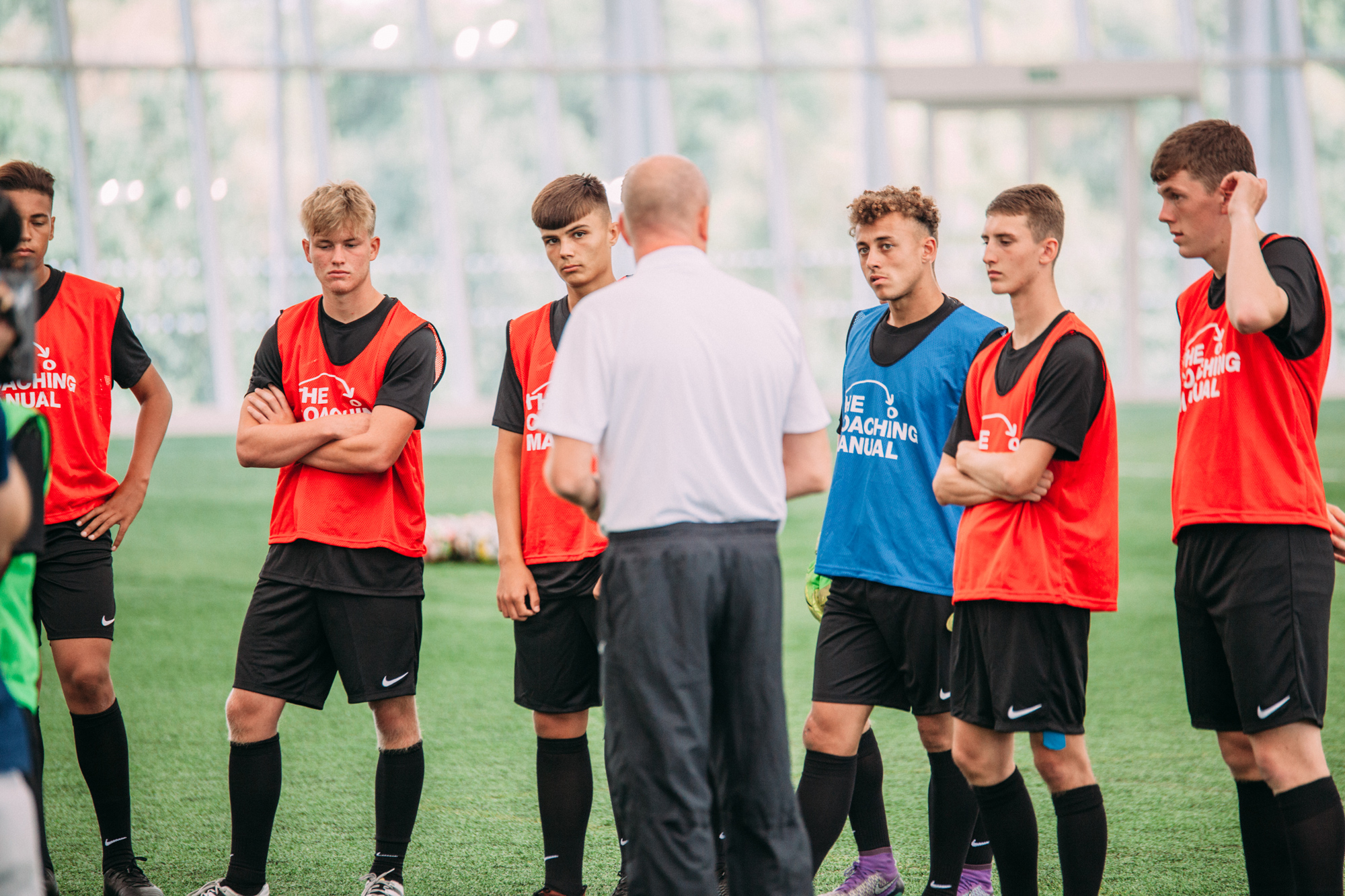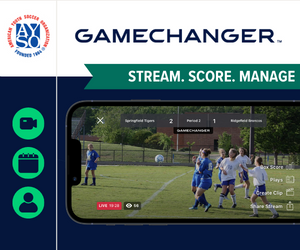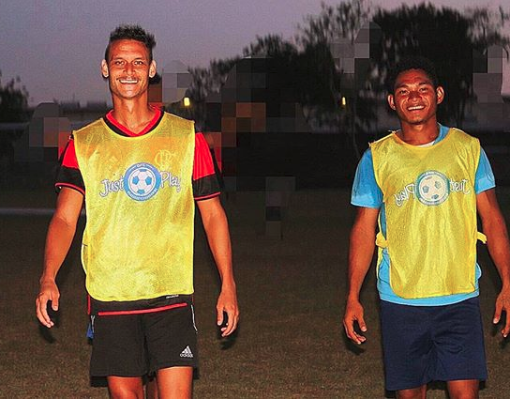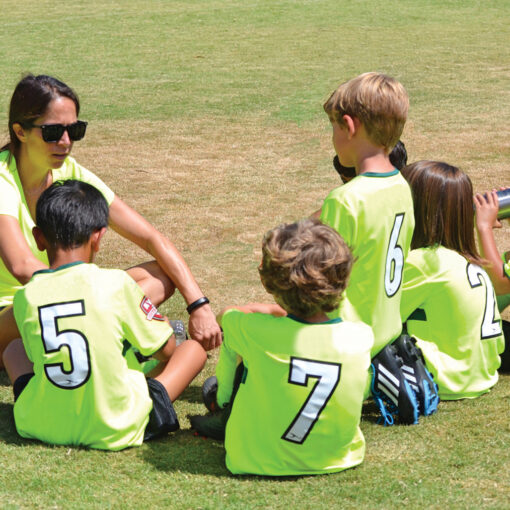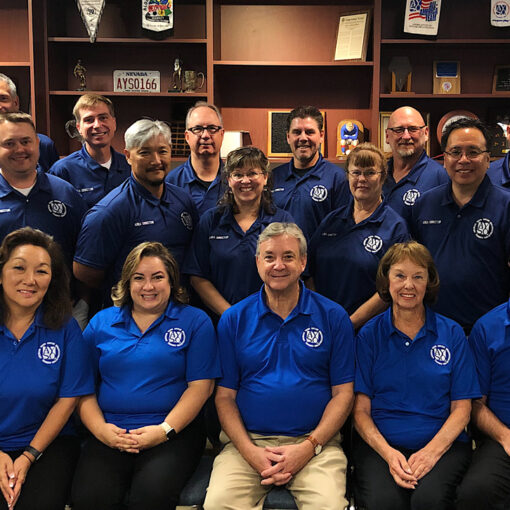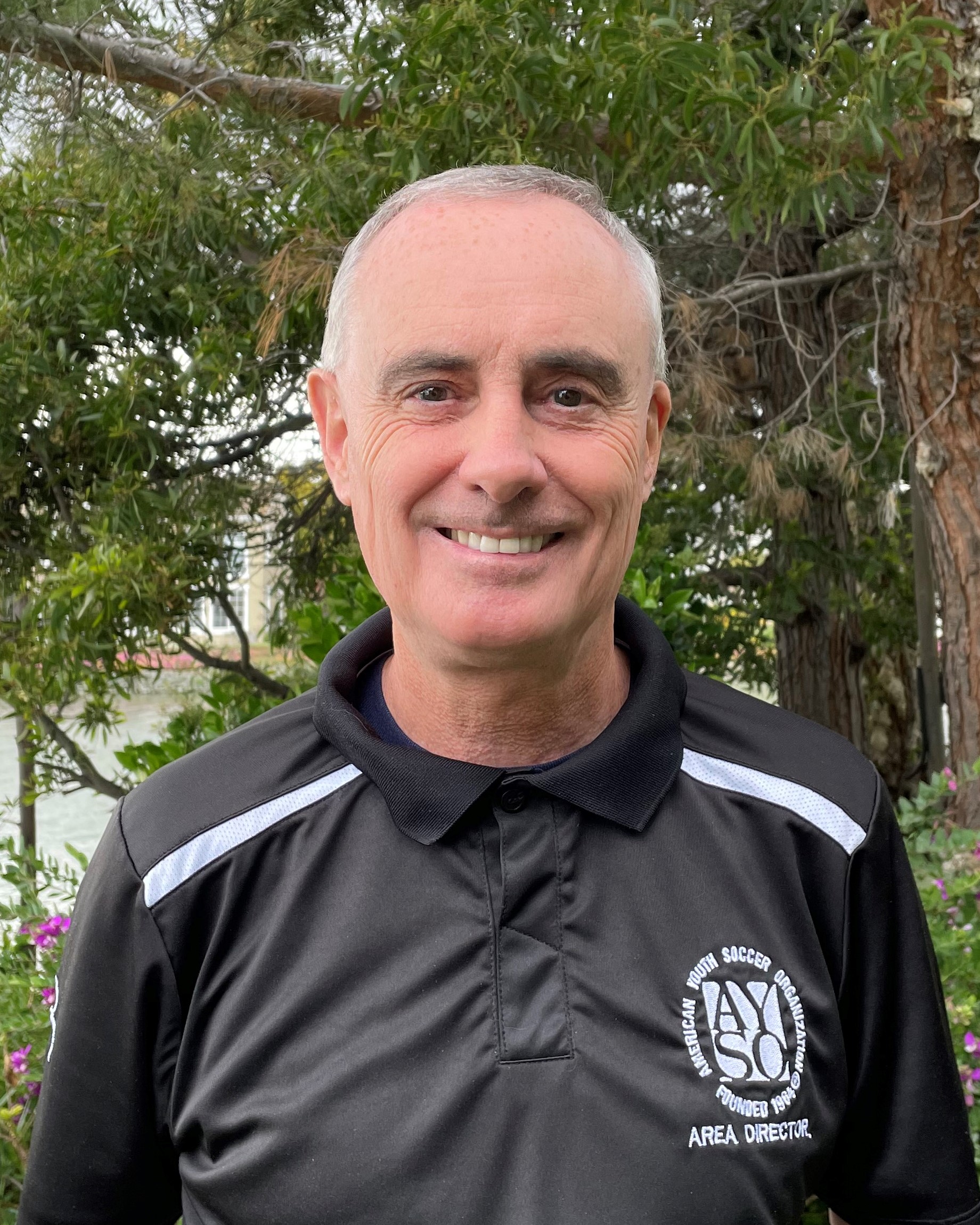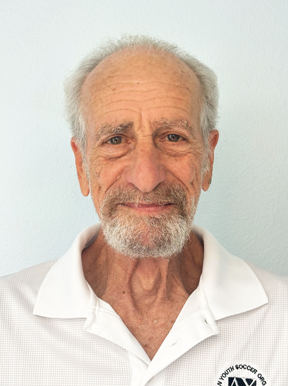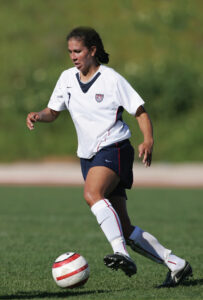In grassroots, parents often end up coaching their own child’s team. Coaching is a wonderful opportunity for a parent to bond with their child and to be actively involved in their child’s life. Most importantly, it offers parents a chance to create great memories they will cherish for years to come.
While coaching comes with great rewards, there are occasional pitfalls too.
Here at The Coaching Manual, we’d like to provide a few helpful tips to ensure that the shared experience is a positive one.
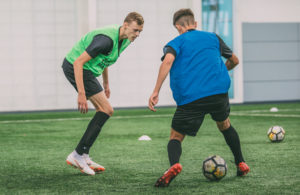 Before you commit to volunteering, have a discussion with your child on how they feel about you potentially being their coach. If they are really apprehensive, then perhaps it is best that you offer the best support you can from the sidelines, to both your child and their coach. If you would like to play a role and volunteer your time, we encourage you to offer to help in other ways.
Before you commit to volunteering, have a discussion with your child on how they feel about you potentially being their coach. If they are really apprehensive, then perhaps it is best that you offer the best support you can from the sidelines, to both your child and their coach. If you would like to play a role and volunteer your time, we encourage you to offer to help in other ways.
However, if you do decide to coach, be sure to establish a difference between you being the parent and you being the coach. Your child will need to know that when you are the coach you need to treat all players equally, but as soon as you become the parent again, make sure your child knows just how much you care about them. Work hard not to muddy the waters on this. Being coach all week without providing that love and reassurance as a parent will only have negative implications.
Strike the right balance on praising and penalizing your child. We all find this tough and often don’t give out enough praise for the right things. There is no worse way of tainting an environment for other players and other parents than when a coach leans too much in favor of their own child. But, you can also go too far the other way. If you have an assistant or a friend, check in with them to see if they think you are striking the right balance.
Don’t discuss other parents and other players with your child particularly in a negative way. It makes things really tricky for a young child who is probably very good friends with the player whose parents you may be criticizing. Your child needs to make up their own mind about other players and you should not be looking to form a coaching alliance with your own child.
Try to act on the sidelines in a way that would make your son or daughter proud. Remember, your child is not the only one that’s performing during the game; don’t follow them around with a spotlight over their head. You are also a performer and the quality of each players experience is firmly in your hands. Communicate to your child and those around you that this is just a recreational game for children, played by children because it’s FUN.
Don’t let your entire week revolve around practices and games for you and your child. Try not to spend off days practicing further at home, talking about last week’s game or the upcoming one.
It can easily become overload for your child and the rest of your family. Do other things as a group away from the sport, so everyone stays fresh and nobody resents the commitment that you have taken on.
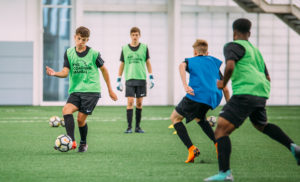 “The major positive aspect includes being able to spend quality time together. Additionally, your child perceives that he/she gets special attention, praise, and perks, such as being on familiar terms with the coach. In the child’s perception, having you as a parent as a coach is an opportunity to receive motivation and technical instruction that others on the team do not get. In the perspective of the parent, being both coach and parent provides the opportunity to teach values and skills, the opportunity to see how your child interacts with friends, and the ability to see your child’s accomplishments and take pride in them” – Weiss & Fretwell, 2005
“The major positive aspect includes being able to spend quality time together. Additionally, your child perceives that he/she gets special attention, praise, and perks, such as being on familiar terms with the coach. In the child’s perception, having you as a parent as a coach is an opportunity to receive motivation and technical instruction that others on the team do not get. In the perspective of the parent, being both coach and parent provides the opportunity to teach values and skills, the opportunity to see how your child interacts with friends, and the ability to see your child’s accomplishments and take pride in them” – Weiss & Fretwell, 2005
Enjoy the experience. Without parent coaches, we wouldn’t have a game and most teams wouldn’t even exist. But when it’s time to let them go (as the coach), let them go.
For more articles from The Coaching Manual visit ayso.thecoachingmanual.com. Register for an account today for just $30. Or provide access for your region, area or section by contacting paulb@thecoachingmanual.com

